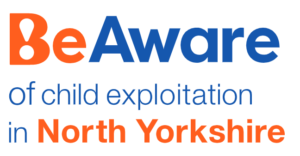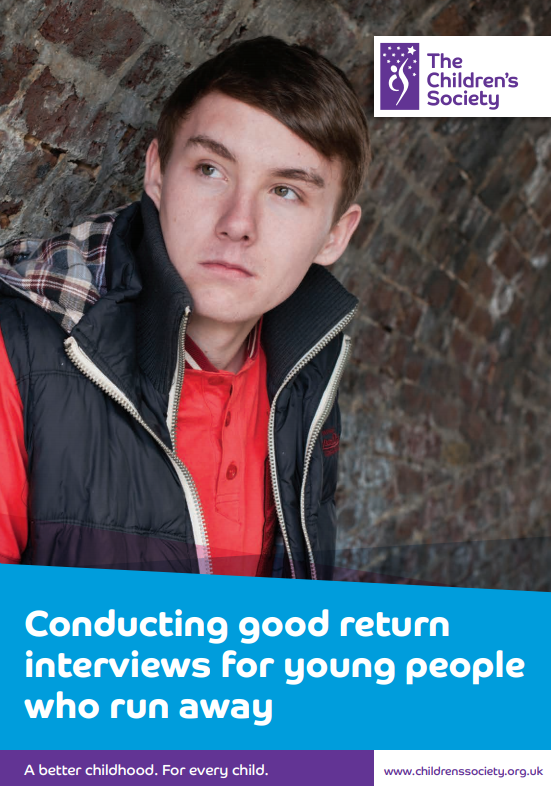
Missing From Home and Care (MFHC)

Missing From Home and Care (MFHC) is defined by:
Anyone whose whereabouts cannot be established will be considered as missing until located and their well-being or otherwise confirmed. All reports of missing people sit within a continuum of risk from ‘no apparent risk (absent)’ through to high-risk cases that require immediate, intensive action.
A child may go MFHC for a multitude of reasons. Going missing could be linked to a child being exposed to abuse, neglect, being challenged at home or they may run away to somewhere they want to be and/or to someone they want to be with. In some cases, a child may have been coerced into running away by someone else and there are clear links between children running away / going missing and child exploitation.
Risks faced by children who go missing
The risks faced by children who go missing are the same regardless of how often they have run away from home. However, younger children and those who run away or go missing may be more likely to face serious, long-term problems.
• No means of support or legitimate income – leading to high-risk activities
• Possible involvement in criminal activities
• Becoming a victim of crime, for example through sexual assault and exploitation
• Alcohol and substance misuse
• Deterioration of physical and mental/emotional health
• Loss of education and training
• Inappropriate/manipulative/exploitative relationships
• Being drawn into County lines/criminal exploitation
• Substance dependency
• Involvement in crime
• Involvement in sexual/criminal exploitation into adulthood
• Homelessness

The Children’s Society produced a short clip to help illustrate the risks children can face when going missing. The clip is centred around children going missing from home at Christmas but this can be applied to wider contexts.
Good Practice in carrying out a Return To Home Interview with a child
A return-to-home interview is an in-depth conversation with a child who has gone missing from home and where appropriate involves members of their family. In North Yorkshire, a return-to-home interview is led by an independently trained professional from North Yorkshire Council’s Children & Families Service.
A Return To Home Interview can:
• Help understand and address the reasons why a child has gone missing such as exploitation
• Identify harm that may have occurred while the child was away
• Allow actions to be identified needed to prevent further missing episodes and reduce additional risks
• Help the child feel safe
• Ascertain if a child and family would benefit from further support and provide further information on how to stay safe
• Inappropriate/manipulative/exploitative relationships
• Being drawn into County lines/criminal exploitation
The Children’s Society Good Practice Guidance

NYSCP Podcasts
NYSCP has produced a podcast series on Engaging with Children and Families affected by Child Exploitation.
In each episode, we sit down with a frontline professional in North Yorkshire to discuss the challenges and approaches they use to support children and families affected by child exploitation.
Missing from Home and Care One Minute Guide
Missing From Home and Care Protocol (Joint with City of York) NYSCP
All Practice Guidance and One Minute Guidance can be found in our Professionals section: NYSCP (safeguardingchildren.co.uk)






 View all our news
View all our news